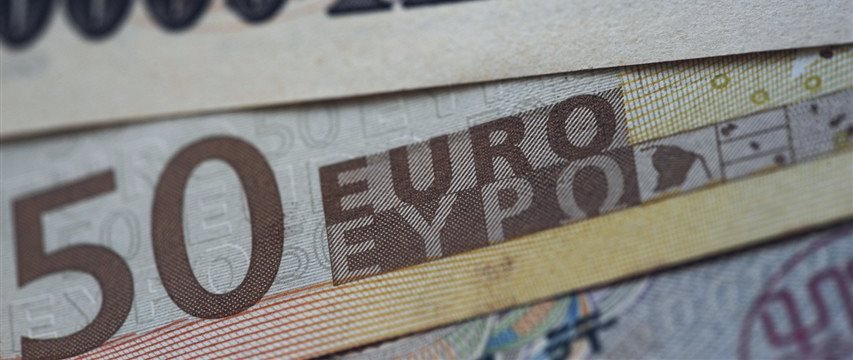
On Thursday the euro was weaker against the greenback and the yen, with investors becoming aware of monetary policy
divergence in the U.S. and the eurozone.
The euro was initially higher on the news that Greece's parliament passes a bill on austerity measures which included spending cuts and higher taxes. However, the gains faded as investors focused on diverging monetary policy between the U.S. and the eurozone.
EUR/USD dropped as low as 1.0912 mid-morning before slightly recovering to 1.0935. That compares with $1.0946 late Wednesday in New York.
Against the Japanese currency, the euro fell to ¥135.16 before slightly bouncing back to ¥135.130005, in comparison with ¥135.53 in
New York.
In a speech before Congress on Wednesday, Federal Reserve Chairwoman Janet Yellen signaled that recent turbulence in Greece, China and elsewhere overseas does not represent a threat serious enough to divert the central bank from plans to lift short-term interest rates later this year. Many analysts expect the Fed’s first rate increase at its policy meeting in September.
On Thursday she is expected to give a speech before the Senate Banking Committee.
The European Central Bank, which has launched a massive bond
purchase program called quantitative easing, is expected to stand
pat on its monetary policy later today.
Meanwhile, U.S. data such as unemployment
insurance weekly claims and the Philadelphia Fed business outlook survey
will be closely watched.
Analysts predict that once Greek concerns or other political and financial instability
fades, the eurozone stocks are bought and bond yields there go down.
That helps lay the groundwork for market players to resume so-called ECB trade, a combination of long eurozone stock, long eurozone bond and short euro positions, says Yasuaki Amatatsu, senior analyst of global markets research at Bank of Tokyo-Mitsubishi UFJ.
“Today’s move shows risk-on is expected to increase further on Greece. And the euro is being sold against that backdrop,” he said.


